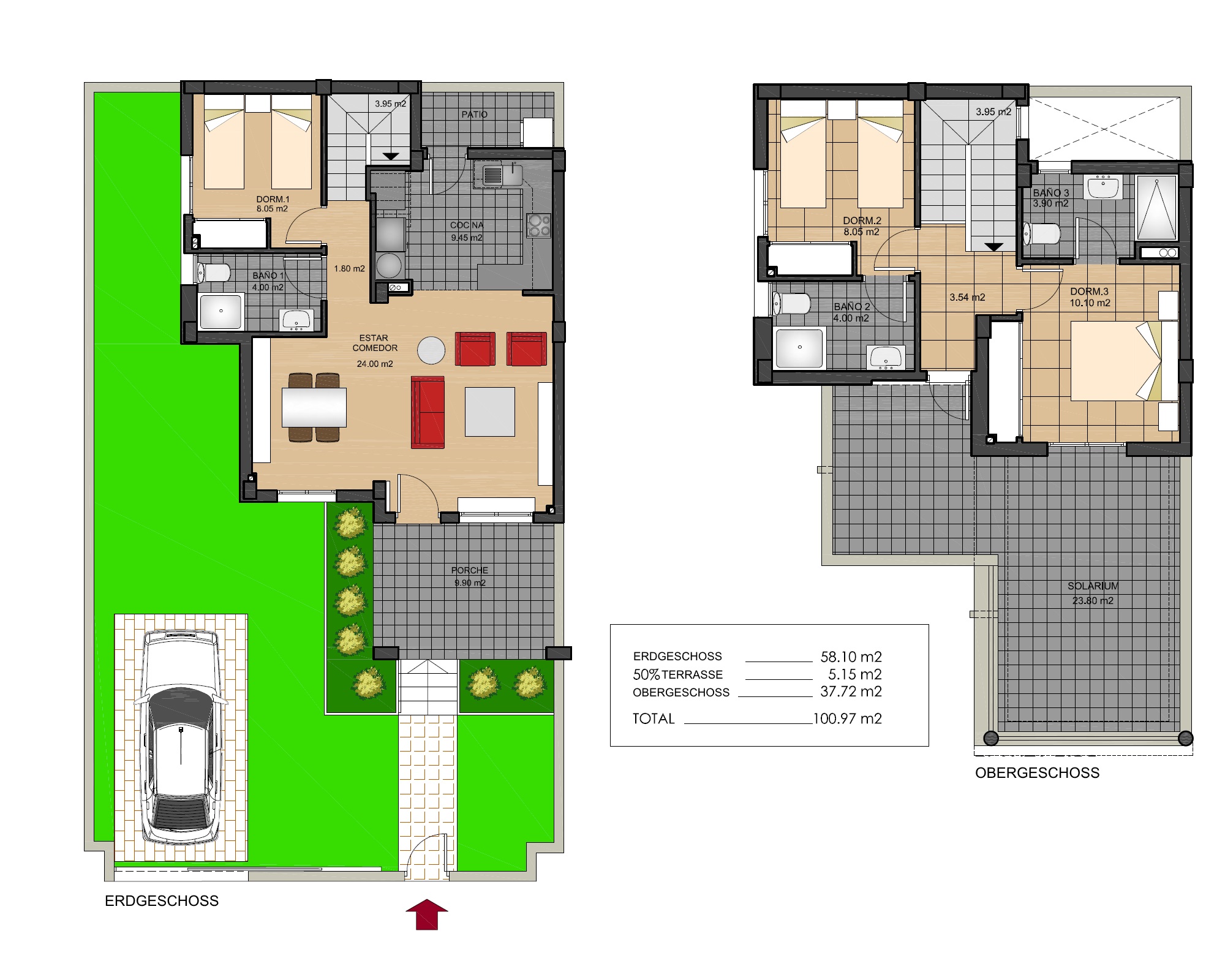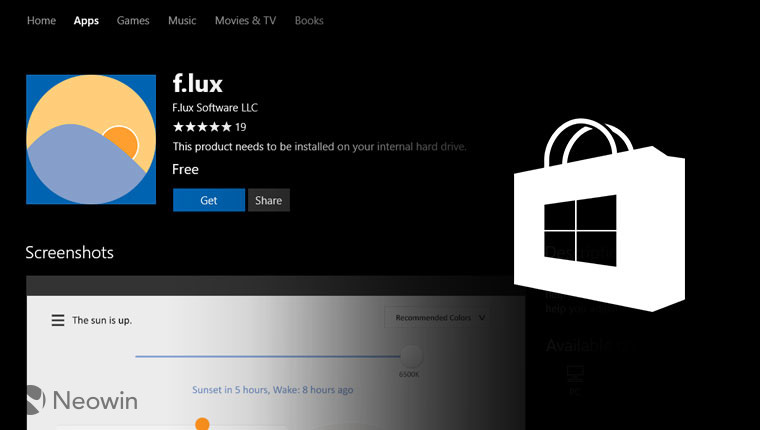

- Does f.lux block blue light how to#
- Does f.lux block blue light windows 10#
- Does f.lux block blue light software#
- Does f.lux block blue light tv#
Does f.lux block blue light how to#
Related: How to Dim Laptop Screen Below Minimum Brightness (0%) Using F.lux Windows 11 blue light filter
Does f.lux block blue light software#
We tested many software claims to reduce eye strain and reviewed them here, your eyes will be protected from blue light, thus promoting a better quality of life and promoting better productivity while working late at night. It is related to the development of age-related macular degeneration, and to make matters worse, it keeps you wide awake when your body and mind are about to sleep. In fact, blue light can damage your eyes by reaching deeper into the eye and accumulating over time. Wearing sunglasses and using UV protective creams are ways to protect ourselves against the sun’s UV rays. If you understand that, you may be on the path to a better night's rest.We regularly experience the problem of computer light harming our eyes, and sometimes it can affect our health and sleep greatly. I use Night light into the evening, but only to work harder and longer, not to sleep better.
Does f.lux block blue light tv#
My bedroom does not have a TV in it, and my phones stay in my home office. The advice I gave years ago to patients who had insomnia was simple: keep digital screens away from the bedroom, and try not to use such devices before bed, period. Gawking at your yellowed laptop or phone, doom-scrolling on Twitter, or playing video games, while lying in bed for an hour won't cut it. It comes down to habit, lifestyle, and mitigating external factors like too much caffeine or not enough exercise.
Does f.lux block blue light windows 10#
Use Windows 10 Night light to work harder, not sleep better.Ī shorter version is there is no magical pill to getting better sleep. Putting a blue light filter on will not overcome that. Jensen means that if you are on your laptop, lying in bed, reading political commentary, or debating people on Facebook, your brain will be emotionally stimulated, which is much more likely to impact sleep onset and overall quality.


While there is a lot of evidence suggesting that blue light increases alertness and makes it more difficult to fall asleep, it is important to think about what portion of that stimulation is light emission versus other cognitive and psychological stimulations. BYU psychology professor Chad Jensen, who led the study, remarks: The study in Sleep Health, though, does strongly suggest it is not blue light filtering that matters, but the content you are consuming. Turns out, staring into what is basically a light bulb is exhausting. It is also why many hardcore readers prefer an Amazon Kindle with its E Ink technology, which more closely represents paper than an LCD. It is similar to the Immersive Reader in Microsoft Edge, dark mode in apps, or using blue-filtering glasses like Razer Anzus.

That yellowing of the screen reduces the intensity of white backgrounds, which is easier on my eyes and helps reduce eye fatigue. The number one reason I use Night light is not to help me sleep better, but for eye comfort. Of course, this raises the question: Is Windows 10's Night light feature just a gimmick? I'd argue no, or rather, it's best to understand what it is good at. Source: Daniel Rubino / Windows Central (Image credit: Source: Daniel Rubino / Windows Central) The results were intriguing, as revealed in a press release: "In the whole sample, there were no differences across the three groups … Night Shift is not superior to using your phone without Night Shift or even using no phone at all." Breaking the results down into two groups, those which averaged about seven hours of sleep and another that slept less than six hours each night, yielded a slight difference: "Individuals who did not use a phone before bed experienced superior sleep quality relative to both those with normal phone use and those using Night Shift." In the other group, those who had less than six hours of sleep, using Night Shift or no phone, had no discernable impact. Participants had their phones monitored using an app called 'Moment,' sleep outcomes were measured using Actigraph GT3X+ wrist-worn accelerometers, and participants were instructed to stay in bed for 8 hours.Ī yellow screen won't make you sleep like a champ changing your lifestyle will. The experiment had three randomly assigned conditions which involved 60 minutes of iPhone use before bed with Night Shift (set to max), without Night Shift, and a third group told to abstain from the iPhone usage (and all light-emitting devices) before bed. The study itself is fascinating, if only because it is one of the only large-scale investigations to address the subject.


 0 kommentar(er)
0 kommentar(er)
